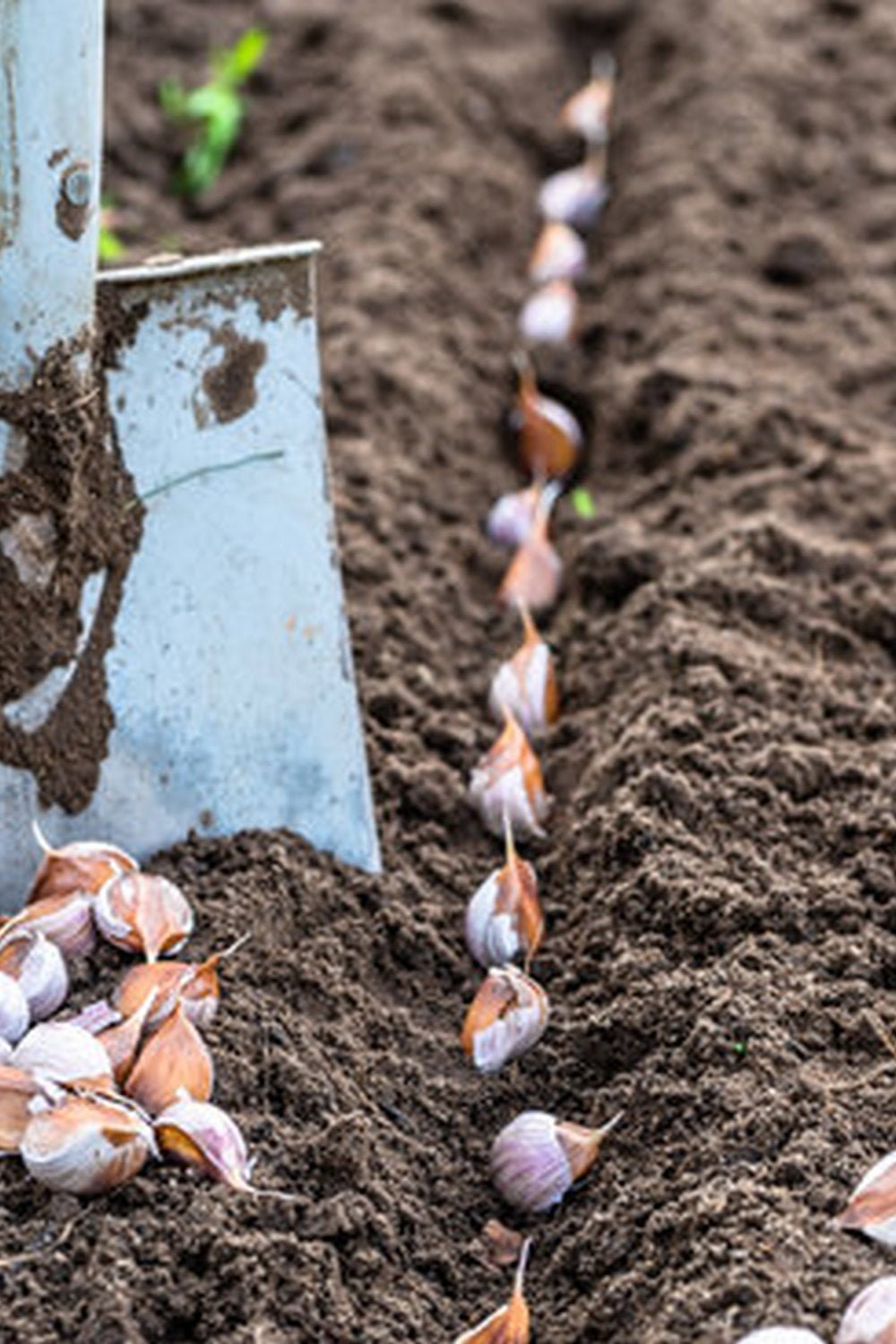Chicken manure for vegetable gardens has become an increasingly popular topic among gardeners and farmers seeking to enhance the health and productivity of their crops. The use of organic fertilizers, such as chicken manure, offers numerous benefits for vegetable growth while also promoting sustainability in farming practices. Nutrient-rich soil is essential for the successful cultivation of vibrant and abundant vegetables, making chicken manure an ideal natural fertilizer for achieving optimal plant health.
Understanding the composition and benefits of chicken manure is crucial for its effective use in vegetable gardens. As a byproduct of poultry farming, chicken manure contains valuable nutrients that can significantly improve soil fertility and support robust plant growth. However, proper preparation and application methods are essential to maximize the benefits of this organic fertilizer while minimizing any potential risks or issues associated with its use.
In this article, we will delve into the intricacies of using chicken manure in vegetable gardens, providing comprehensive guidance on its preparation, application, benefits, potential risks, and overall impact on organic farming and sustainability. By exploring the role of chicken manure as a valuable resource for nurturing nutrient-rich soil and supporting healthy plant growth, readers will gain valuable insights into harnessing the power of organic fertilizers for their gardening needs.
Understanding Chicken Manure
Chicken manure is a popular organic fertilizer that provides numerous benefits for vegetable gardens. It is the feces of chickens, typically used as a soil amendment. Rich in essential nutrients like nitrogen, phosphorus, and potassium, chicken manure can greatly enhance soil fertility and promote healthy plant growth.
One of the main advantages of using chicken manure for vegetable gardens is its nutrient content. This natural fertilizer is an excellent source of nitrogen, which is crucial for leafy vegetables like lettuce and spinach. Additionally, it contains high levels of phosphorus, essential for root development in vegetables such as carrots and potatoes. The presence of potassium also helps improve fruit quality in crops like tomatoes and peppers.
However, it’s important to note that raw chicken manure can potentially contain harmful pathogens or high levels of ammonia that could burn plants if not properly aged or composted before use.
Proper preparation and application methods are essential when using chicken manure in vegetable gardens to ensure maximum benefit while minimizing potential risks. When properly managed, chicken manure can provide a sustainable and effective way to improve soil fertility and support healthy vegetable growth.
| Benefits | Data |
|---|---|
| Nitrogen Content | High |
| Phosphorus Content | Essential for root development |
| Potassium Content | Improves fruit quality |
Preparation and Application
Proper Preparation of Chicken Manure
Before using chicken manure for vegetable gardens, it is essential to properly prepare and store the fertilizer to ensure its effectiveness and safety. The first step is to collect the manure from your chicken coop or source it from a trusted supplier.
It is important to age the manure for at least six months before applying it to your garden, as fresh chicken manure can burn plant roots due to its high nitrogen content. Aging also allows any harmful pathogens to break down, reducing the risk of contamination.
Storage and Composting
Once collected, chicken manure should be stored in a dry, aerated area to prevent leaching of nutrients and minimize odors. Many gardeners choose to compost their chicken manure with other organic materials, such as straw or sawdust, to create a balanced fertilizer.
Composting also helps reduce the risk of weed seeds and pathogens that may be present in raw chicken manure. When composting chicken manure, it’s important to maintain the right balance of carbon and nitrogen by regularly turning the pile and ensuring proper moisture levels.
Application Methods
There are several ways to apply chicken manure in a vegetable garden. One common method is to mix aged or composted chicken manure directly into the soil before planting. This allows for gradual release of nutrients as the plants grow.
Another approach is top-dressing, where thinly spread aged chicken manure is applied on top of the soil around existing plants during the growing season. Gardeners can also make a liquid fertilizer by steeping aged chicken manure in water for several days and then using the resulting solution as a soil drench or foliar spray. Regardless of the method used, it is important to thoroughly mix chicken manure with soil and avoid direct contact with plant stems or leaves.
Overall, proper preparation and application of chicken manure are crucial steps in maximizing its benefits for vegetable gardens while minimizing potential risks associated with using organic fertilizers.
Benefits for Vegetable Gardens
Using chicken manure as fertilizer in vegetable gardens offers a wide range of benefits that contribute to the overall health and productivity of the garden. The nutrient-rich composition of chicken manure provides essential elements for plant growth, making it an effective and natural option for organic farming practices.
Specific Benefits for Different Types of Vegetables
Different types of vegetables have varying nutrient requirements, and using chicken manure can cater to those specific needs. For example, leafy greens like lettuce and spinach benefit from the nitrogen content in chicken manure, which promotes lush foliage growth.
Root vegetables such as carrots and potatoes can thrive with the phosphorus and potassium present in chicken manure, aiding in robust root development. Understanding the unique nutritional needs of different vegetables allows gardeners to maximize the benefits of using chicken manure tailored to their specific crops.
Impact on Soil Health and Plant Growth
Chicken manure not only provides necessary nutrients for vegetable plants but also contributes to overall soil health. The organic matter in chicken manure improves soil structure, drainage, and water retention, creating a conducive environment for healthy root development. Additionally, the microbial activity within the soil is enhanced by the presence of chicken manure, promoting nutrient cycling and better uptake by plants. This results in improved plant growth, yield, and overall garden productivity.
Natural Examples or Case Studies
Real-life examples demonstrate the positive effects of using chicken manure in vegetable gardens. Many organic farmers and gardeners have reported significant improvements in crop quality and yield after incorporating chicken manure into their gardening practices.
These success stories serve as tangible evidence of the beneficial impact of using organic fertilizers like chicken manure for sustainable vegetable production. By showcasing actual outcomes, these case studies inspire other gardeners to consider implementing similar methods for their own gardens, further solidifying the proven benefits of using chicken manure for vegetable cultivation.
Potential Risks and Considerations
Using chicken manure for vegetable gardens can offer numerous benefits, such as providing essential nutrients to the soil and promoting healthy plant growth. However, it is important to be aware of potential risks and considerations when using chicken manure as fertilizer. By understanding these factors, gardeners can make informed decisions and ensure the safe and responsible use of this organic material.
One potential concern with using chicken manure for vegetable gardens is the risk of nutrient imbalance. Chicken manure is rich in nitrogen, phosphorus, and potassium, which are essential for plant growth. However, if not used properly, excessive amounts of these nutrients can lead to imbalances in the soil, affecting the overall health of the plants.
Additionally, there is a risk of contamination when using raw or untreated chicken manure. Fresh chicken manure may contain pathogens such as E. coli and Salmonella, which can pose health risks to humans if they come into contact with contaminated soil or produce. To mitigate this risk, it is important to properly compost or age the chicken manure before using it in the vegetable garden.
To safely use chicken manure for vegetable gardens, consider these tips and guidelines:
- Compost chicken manure to reduce pathogens and improve nutrient availability
- Age chicken manure for at least six months before applying it to the garden
- Test your soil regularly to monitor nutrient levels and maintain a balanced nutrient profile
By being aware of these potential risks and considering appropriate mitigation strategies, gardeners can effectively harness the benefits of using chicken manure as an organic fertilizer while ensuring the safety and health of their vegetable gardens.
Organic Farming and Sustainability
When it comes to organic farming and sustainability, chicken manure plays a crucial role in maintaining healthy soil and promoting the growth of vibrant, nutrient-rich vegetables. Organic fertilizers, such as chicken manure, are an essential component of sustainable farming practices as they provide natural and environmentally friendly ways to enhance soil fertility and plant health. In comparison to synthetic fertilizers, chicken manure offers numerous benefits that support long-term sustainability in vegetable gardens.
One of the key advantages of using chicken manure for vegetable gardens is its ability to improve soil structure and moisture retention. This organic fertilizer is rich in essential nutrients such as nitrogen, phosphorus, and potassium, which are beneficial for robust plant growth.
Additionally, chicken manure helps to enhance microbial activity in the soil, fostering a healthy ecosystem for plants to thrive. The gradual release of nutrients from chicken manure also reduces the risk of leaching into water sources, contributing to environmental conservation.
Moreover, by utilizing chicken manure for vegetable gardens, organic farmers can reduce their reliance on chemical-based fertilizers that may have harmful effects on the environment. The sustainable nature of organic farming supports biodiversity and promotes ecological balance within agricultural systems. Through responsible use of natural fertilizers like chicken manure, farmers can contribute to healthier ecosystems while producing high-quality vegetables with minimal impact on the environment.
| Advantages of Chicken Manure | Impact on Soil Health |
|---|---|
| Rich in essential nutrients (nitrogen, phosphorus, potassium) | Improves soil structure and moisture retention |
| Promotes microbial activity | Reduces risk of nutrient leaching into water sources |
| Reduces reliance on chemical-based fertilizers | Promotes ecological balance within agricultural systems |
Tips for Maximizing Results
When using chicken manure as fertilizer for vegetable gardens, there are several tips and recommendations to maximize its effectiveness and ensure optimal plant growth. Here are some expert tips for getting the best results:
- Properly prepare the chicken manure: Before applying chicken manure to your vegetable garden, it’s important to properly prepare and store it. This can include composting the manure to reduce the risk of harmful pathogens, as well as aging it to allow time for the high nitrogen content to mellow out.
- Consider companion planting: Planting certain vegetables alongside each other can have beneficial effects, such as deterring pests, attracting beneficial insects, and improving overall soil health. When using chicken manure in your vegetable garden, consider implementing companion planting techniques for additional benefits.
- Implement crop rotation: Rotating crops in your vegetable garden can help prevent nutrient depletion in the soil and reduce the risk of pest and disease buildup. Incorporating chicken manure into your crop rotation plan can further enhance soil fertility and yield healthier plants.
In addition to these tips, it’s important to monitor the effects of using chicken manure in your vegetable garden. Keep an eye on plant growth, soil health, and overall productivity to make any necessary adjustments.
By following these expert tips for maximizing results with chicken manure in vegetable gardens, you can ensure that your plants thrive and produce abundant yields while maintaining healthy soil for sustainable gardening practices.
Conclusion
In conclusion, using chicken manure for vegetable gardens can be a highly beneficial and sustainable practice for organic gardening. As discussed in this article, chicken manure is a nutrient-rich organic fertilizer that can significantly improve soil health and contribute to the overall growth and yield of various vegetables. By providing essential nutrients, promoting soil fertility, and fostering ethical farming practices, chicken manure offers a natural and environmentally friendly alternative to synthetic fertilizers.
Throughout this article, we have examined the nutrient content of chicken manure, its preparation and application methods, as well as its specific benefits for different types of vegetables. Additionally, we have addressed potential risks and considerations associated with using chicken manure as fertilizer, emphasizing the importance of safe and responsible use. Furthermore, we have highlighted the role of chicken manure in organic farming practices and the environmental advantages of utilizing organic fertilizers.
As conscientious gardeners strive to maximize their results while minimizing their environmental impact, it is important to consider the use of chicken manure for vegetable gardens as a sustainable and effective option. By incorporating expert tips and recommendations for optimal plant growth, as well as complementary gardening practices such as crop rotation and companion planting, gardeners can ensure that their use of chicken manure yields positive results.
Ultimately, by embracing organic farming practices and choosing natural fertilizers like chicken manure, individuals contribute to the promotion of ethical farming practices and ecological sustainability. For more information on using chicken manure for vegetable gardens or other related topics, readers are encouraged to seek out additional resources from reputable sources.

If you’re looking to get into vegetable gardening, or are just looking for some tips on how to make your current garden better, then you’ve come to the right place! My name is Ethel and I have been gardening for years. In this blog, I’m going to share with you some of my best tips on how to create a successful vegetable garden.





